How the Stenotype Machine Helps Court Reporters Keep Up in the Courtroom
It’s a common assumption that court reporters use typewriters or laptops to record proceedings. Most people don’t get close enough to a reporter to realize that a very special device is used instead. This equipment is known as a stenograph machine. At its most basic level, it allows stenographers to type way faster than is possible on a traditional keyboard. This is possible through the machine’s special design and features tailored to increase productivity.
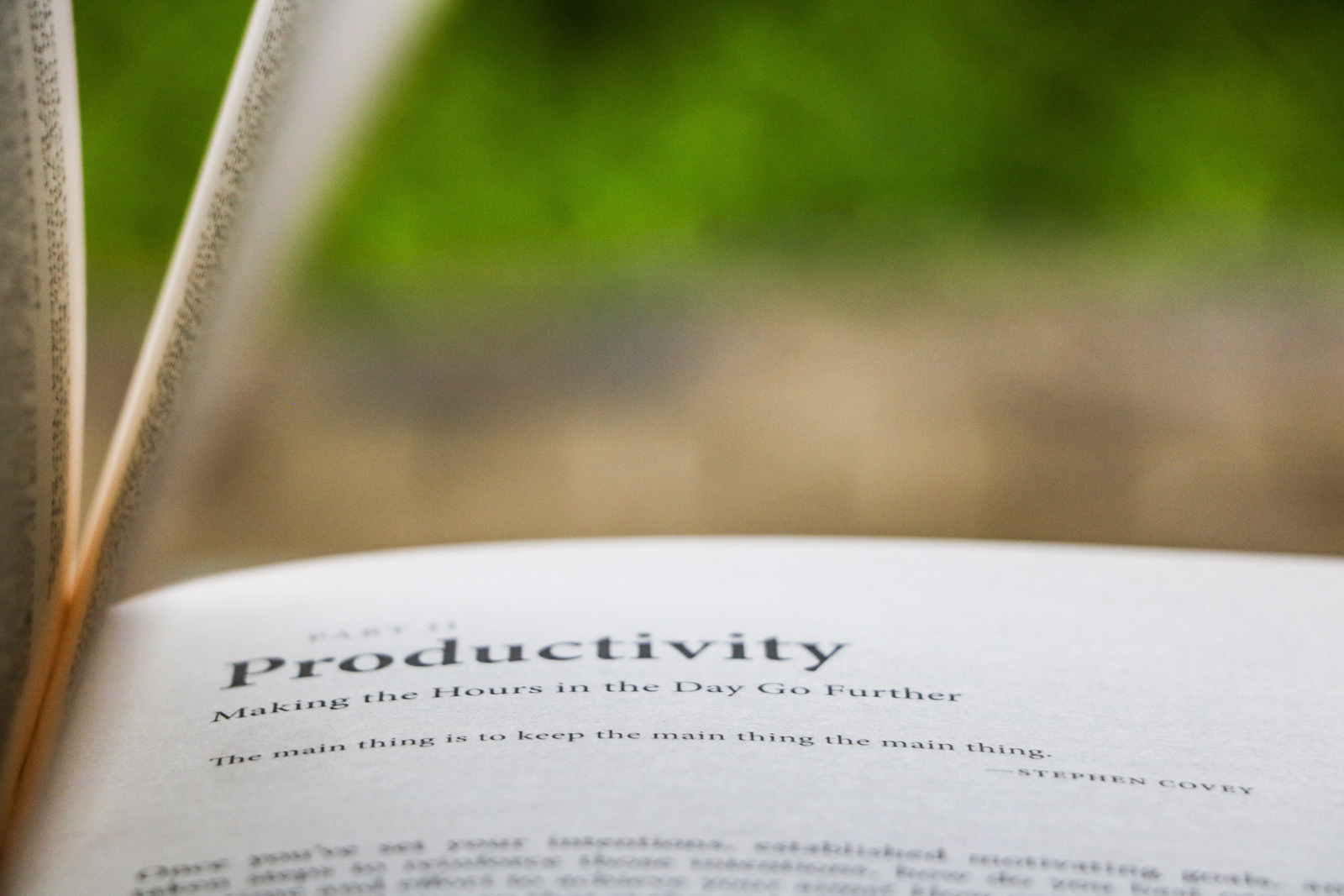
What Does a Stenography Machine Look Like?
At first glance, the machine resembles a small typewriter, but the similarities end there. The first noticeable characteristic of a stenograph machine is that there are only 22 keys. These keys are positioned in two rows across the width of the machine. These two rows contain keys for consonants. At the bottom of these two rows are four additional keys which represent certain vowels. Amazingly, these are all the keys a trained stenographer needs to be successful.
Old style machines had paper that was printed out of the machine, before the use of computer screens took over.
How do Stenographers Use the Machine?
Stenographers type differently than the average keyboard user. Court reporters write in syllables rather than spelling out complete words or sounds. They will need to press several keys simultaneously to create certain words. It is like hitting keys on a piano. Court reporters San Francisco use their left hand to access keys for the beginning of the word. At the same time, the right hand presses the keys for the remainder of the word. The result is a series of characters that the stenographer is trained to recognize as words and sentences. Thumbs do the vowels and the other fingers make out the remainder of the word. Small and common court phrases can also be written in a single stroke of a key.
Many machines allow the user to customize the settings. Therefore, some court reporters San Francisco may use different keystroke combinations for the same words. There are also several different shorthand formats which are taught in certification schools. Thus, a reporter may perform shorthand according to the theory to which he or she subscribes.
Do Stenography Machines Use Punctuation?
Yes, a stenograph machine allows the user to add punctuation where needed. This might seem like a difficult task considering the limited number of keys on the keyboard. However, stenographers are able to use the same technique as above to create punctuation marks. They use special key combinations, such as FPLT for a period, to make sentences grammatically correct.
How Fast is a Stenograph Machine?
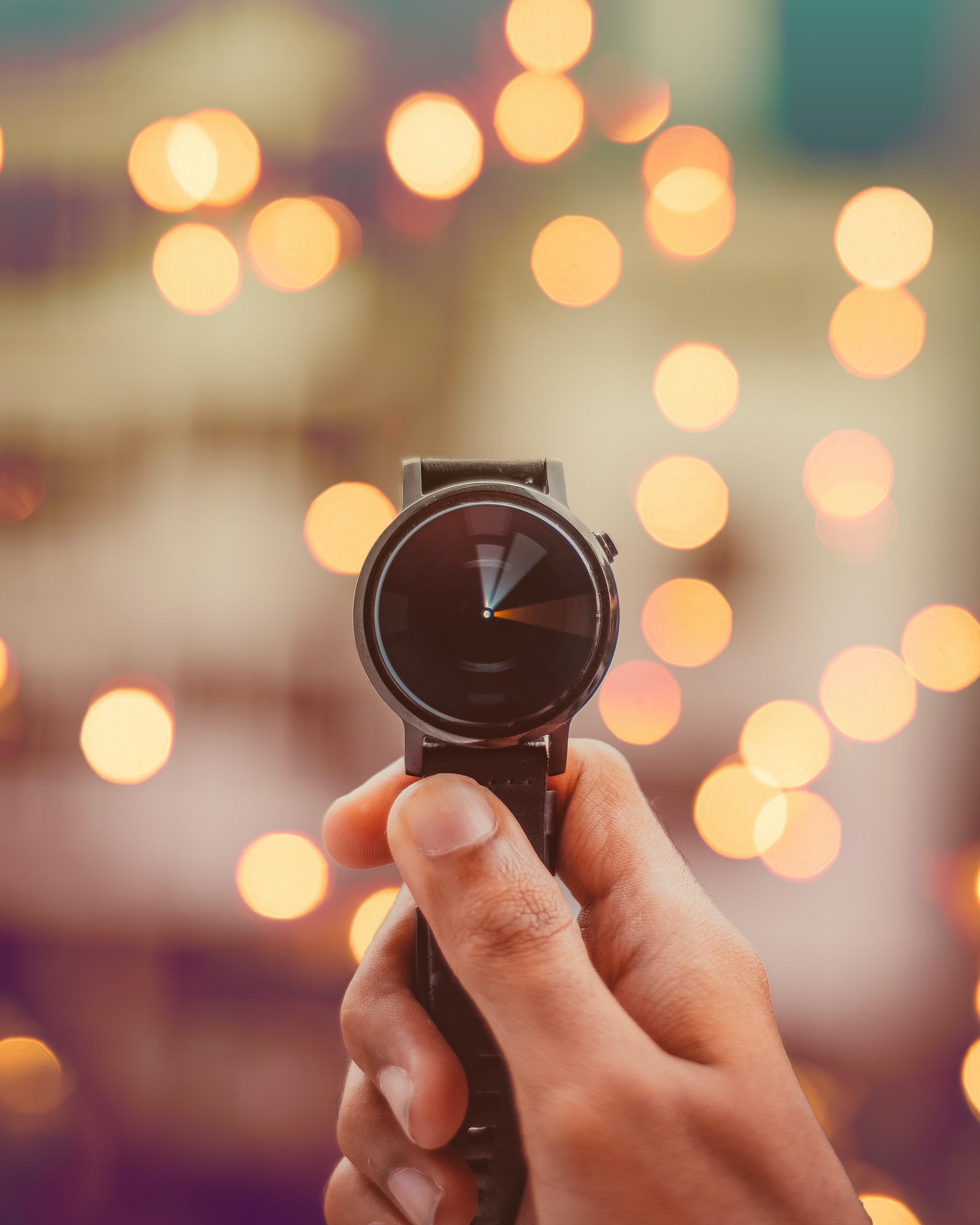
As any court reporter will tell you, stenography is significantly faster than traditional typing. Typically, someone who can type at 80 WPM is considered a fast typist. In contrast, it’s not uncommon for an experienced stenographer to record 200 to 300 words each minute. The world record is an astounding 360 WPM at 97% accuracy set by Mark Kislingbury in 2004. A stenograph machine and special training allows court reporters to transcribe more than double the words that a typist can do in the same time. This ability makes it possible for reporters to keep up with the fast paced conversation that takes place in a hearing or deposition. Similarly, deposition interpreters San Francisco must translate a high volume of words each minute to be effective.
The End Result
A reporter’s quick keystrokes eventually create a complete transcript of the proceeding. In the past, the working draft of the transcript was a long list of characters that needed to be converted back into English. Now, reporters use the assistance of a computer program to do some of the conversion. Some types of machines even translate the text as it is typed. The use of technology allows reporters to share transcripts immediately after they are finished. However, the accuracy of the transcript will still depend on the reporter’s skill and care.
If you are part of a law firm that needs a deposition interpreter or reporter, contact Combs Reporting. Combs provides a wide array of deposition support services to help make your practice more productive.


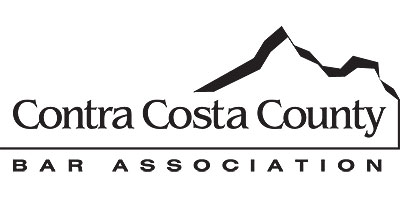
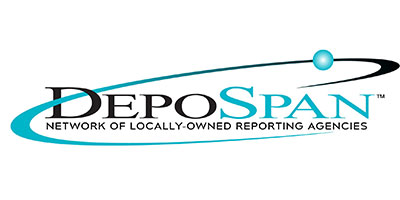
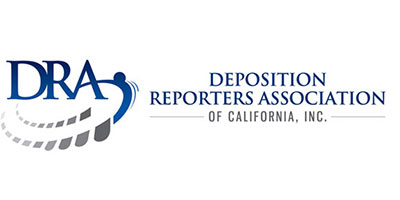
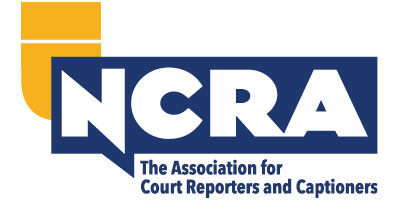
Leave A Comment